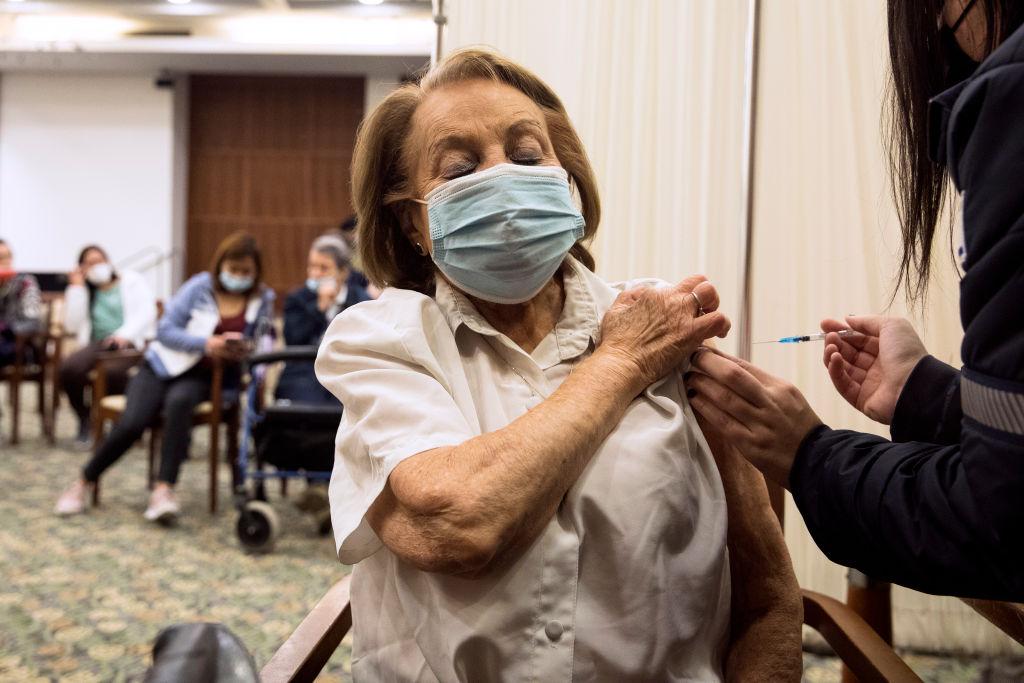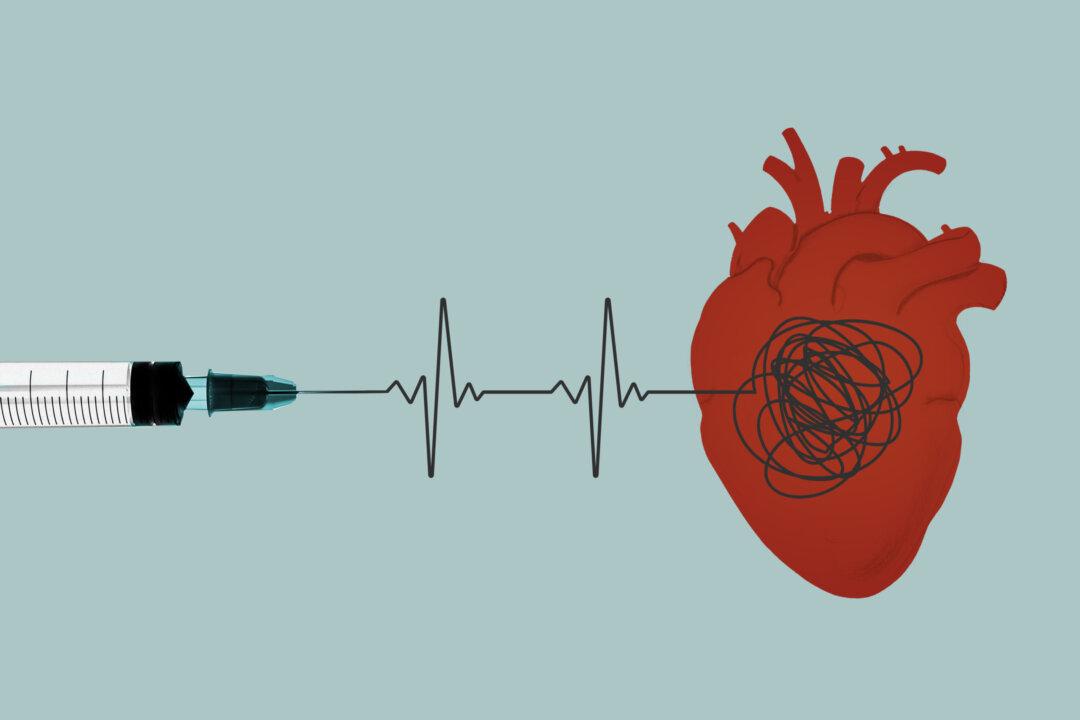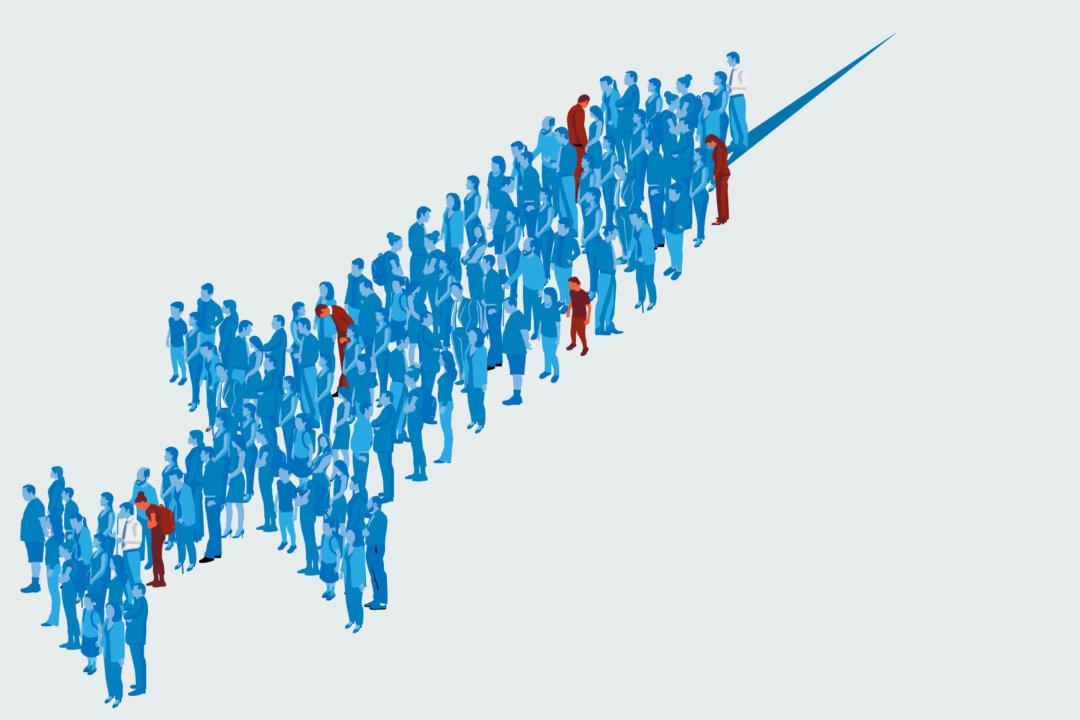HAIFA, Israel—Large protests and strikes broke out after Israel’s parliament ratified legislation to limit the Supreme Court’s ability to challenge parliamentary decisions.
The Knesset passed an amendment on July 24 that prevents the Supreme Court from voiding some government decisions that it deems “unreasonable.” The vote passed 64–0 after opposition parties left the chamber in protest.





